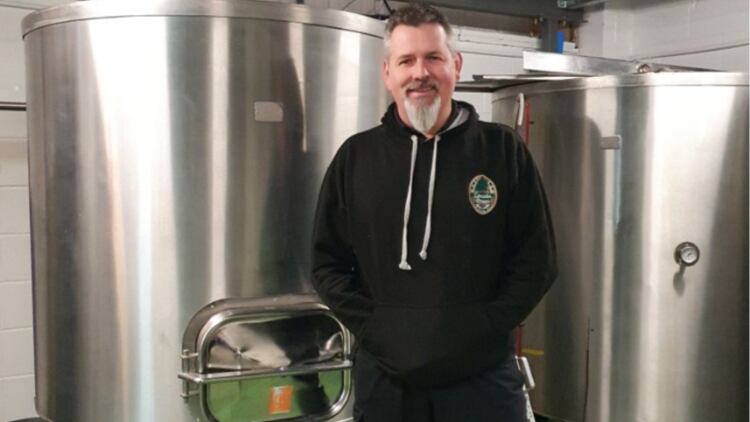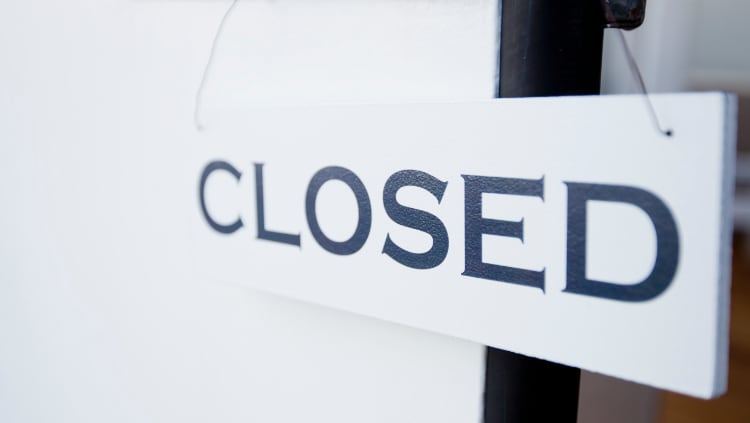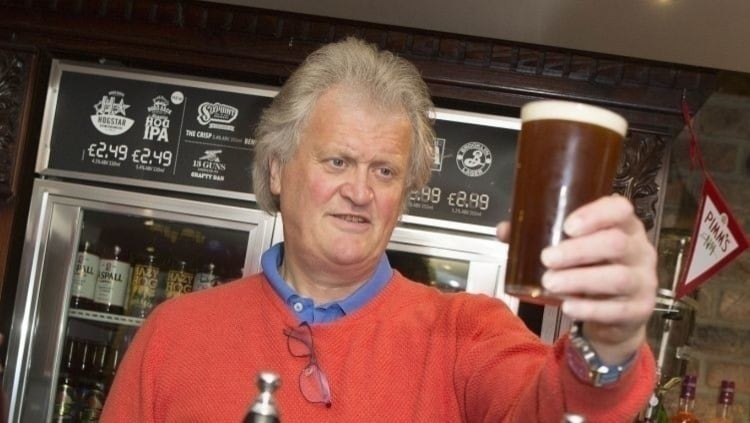Things are certainly tough, with a heart-breaking 13.4m of UK individuals living in relative poverty – in other words, their income is 50% lower than the UK average income. That’s around one in six people in the UK in relative low income. In 2020-21 after housing costs, this rises to a shocking one in five of our fellow citizens.
The Low Pay Commission estimates that almost half (46%) of all jobs paying at or below the minimum wage are currently in retail, hospitality, or cleaning and maintenance occupations. With a total of over 2.5m jobs in hospitality, it’s clear to see that almost 10% of the 13.4m people in relative poverty are likely to be working in UK pubs and restaurants.
Is it any wonder that the sector finds it so difficult to recruit? And that is a key reason why so many people only see jobs in hospitality as something they do while looking for a ‘proper job’.
Yet, paradoxically, hospitality offers so much potential. Name another industry where it’s possible to enter with few or no qualifications and progress to running your own business, with some of the lowest start-up costs?
For those who work for even a few weeks in a pub, they’ve learnt skills in teamwork, communication, punctuality, appearance, how to be social; skills useful to most other careers. It’s also a service-led industry that exists to help people celebrate and come together – pubs are often cited as the ‘beating heart of the local community’, and as such are a very rewarding and enjoyable place to work.
So why are wages so low?
Much of the answer to this question lies with a look at the overheads for a pub. According to the British Beer & Pub Association (BBPA) benchmarking figures for 2021-22, a town centre pub with an average weekly turnover of £10,000 will have a payroll bill of 23.7% – hardly surprising with some 79 trading hours to cover.
Full extent not reflected
The next highest costs are utilities – stated in the BBPA’s figures at 4.1% of turnover, but with a note that highlights: “As the costs in this report relate primarily to 2021, they will not reflect the full extent of the 2022 energy crisis where pubs are frequently seeing price increases of over 100% on their energy bills. Such large increases, on what is usually the second biggest cost line, will have a significant impact on a pub’s overall cost and operating margins.” So let’s assume that the true cost in 2022 is nearer to 8% for this £10,000 a week town centre pub.
The third highest cost is then business rates, at 3.5% of turnover. According to the All-Party Parliamentary Beer Group’s inquiry into business rates, “The VOA told us that they currently have approximately 39,500 pubs in England on their valuation list. According to the BBPA, these pubs contribute about 0.5% of total rateable turnover but pay some 2.5% of all rates. This equates to an overpayment of £570m every year. The last revaluation in 2017 saw pubs’ rates rise by 14.6%, against a property average of 9.1%. Rates now represent the second or third highest fixed costs for pubs.”
So, over 30% of weekly turnover for this average pub turnover is being spent on wages, utilities and business rates.
While the Government has provided some limited support to business to cover the rising utility bills, the future of this support remains unclear.
The Autumn Statement has promised an increase of 9.7% in national living wage (NLW) to £10.42 per hour in April 2023. Some good news for hospitality workers but it exacerbates the problems for town centre pubs by increasing their payroll to sales ratio from 23.7% to 26%. Furthermore, it will remain true that most in hospitality will continue to receive NLW, so remaining among the lowest paid in the UK. This is hardly going to help with the recruitment issue.
The same Autumn Statement also appeared to give some encouragement for hospitality with the headline, “To support high street properties, the Government is extending and increasing the Retail, Hospitality and Leisure Relief Scheme from 50% to 75% for 2023-24, up to £110,000 per business.”; but it comes at a time when the rateable values for some pub properties are increasing, thus negating much of the benefit for some.
So, with wages and utility bills rising, and any benefits from business rates relief likely to be negated, pub closures are likely to continue. If we don’t want to call time on the industry, something needs to give.
Exponential increases
The reality is that there is a solution within the gift of Government. What is needed is a wholesale reduction of taxes throughout the industry but with a much more joined-up approach.
Let’s take alcohol duty: while this is clearly a producer’s cost, the burden is passed on in higher prices for pubs. The current alcohol duty reform promised to simplify the system and offers a 5% discount for beer sold in containers over 20 litres in size. All good, but the Autumn Statement threatened an end to the duty freeze in February 2023 and while this has subsequently been extended to August 2023, it’s still likely to mean another ‘give with one hand and take with another’ hit for the producers. Let’s also remember that their input costs are rising too, with exponential increases in energy costs and base malt prices – so whatever meagre benefit in duty is offered will be swallowed up by the producer, unlikely to be passed on to the publican.
What about VAT? Remember the VAT Club led by Jacques Borel to campaign for a VAT reduction on food and drink within the hospitality sector? The Association of Licensed Multiple Retailers and BBPA then took over the mantle in 2016, yet six years later, the VAT regime remains unfair with supermarkets paying zero VAT on most food and using this to their financial advantage by selling alcohol at low prices.
A root-and-branch review of hospitality taxation is what’s needed to rebalance the books and give pubs a fair chance of survival:
- No pub rateable value should increase in April 2023 so that every business receives the full benefit of the Retail, Hospitality and Leisure Relief Scheme.
- Alcohol duty rates need to be reduced and the 5% draught duty discount on large pack beer needs to be increased to at least 10%, supporting producers and helping to keep prices lower for pubs and bars.
- VAT should be reduced for the on-trade, with a reduction of at least 5% being applied to both food and wet sales; this supports the widely held view that the most responsible way to enjoy an alcoholic drink is in the sociable environment of a pub with friends, rather than at home in can or bottle bought from a supermarket.
In return, hospitality needs and should look to increase staff wages to aid recruitment and retention of staff. This would see a natural increase in income tax and national insurance receipts for the Treasury. Hospitality workers will see a benefit in increased disposable income, leading to increased spending, helping to drive the economy and raising further VAT receipts.
It’s time to stop taxation by stealth and giving with one hand while taking away with the other. Let’s give hospitality businesses a chance to increase rates of pay, making the industry a more attractive career choice for all.




